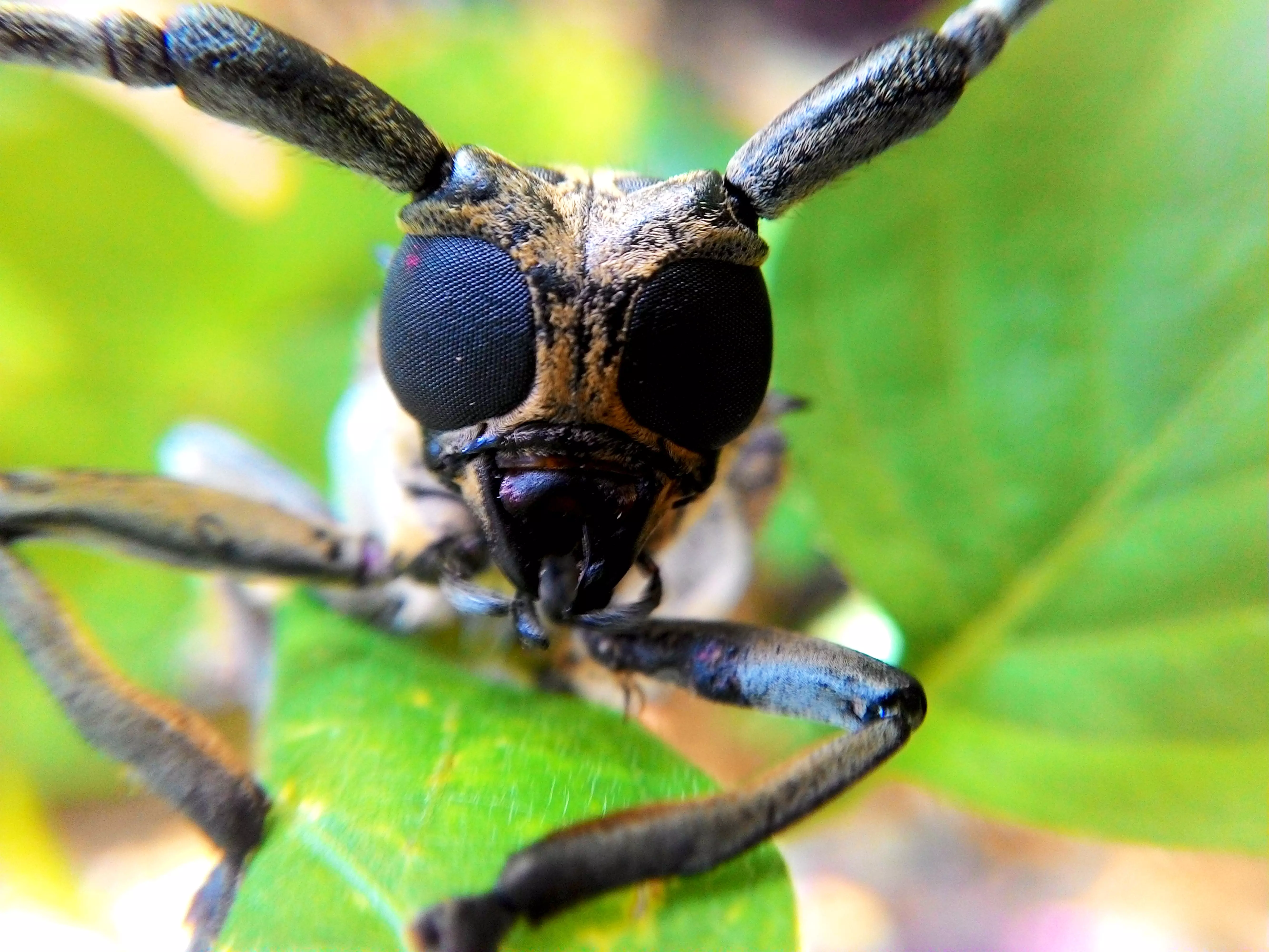Zoology of invertebrates
Invertebrates are a group of animals in which there is no backbone. It includes a wide variety of species, from small insects to giant squid. Invertebrate zoology deals with the study and classification of these organisms, as well as their distribution in various ecosystems.
Among invertebrates there are many different groups, such as insects, mollusks, crustaceans and arachnids. Each of these groups has its own distinctive characteristics and plays an important role in the ecosystems in which it occurs.
Insects are the most numerous group of invertebrates. They are found in almost every ecosystem on Earth and perform many important functions. Not only are they food for many animal species, but they also act as pollinators, which is of great importance for plants. In addition, many insects show an amazing ability to adapt to different environmental conditions.
Molluscs are another group of invertebrates with a remarkable diversity. They include snails, clams and oysters, among others. Molluscs are found both in water and on land, and perform many important functions in ecosystems. Some are important outbreaks of species, which means they are important for biodiversity.
Crustaceans are another group of invertebrates that includes crayfish, crabs and shrimp, among others. Crustaceans are commonly found both in water and on land. They perform many important functions, from breaking down organic matter to playing a role in food chains. Many species of crustaceans are also food for other animals, including humans.
Arachnids are a group of invertebrates that often arouse controversy and disgust. However, arachnids play an important role in ecosystems. They are known for their ability to produce hunting nets that are used to catch prey. In addition, some species of arachnids are natural enemies of pests, making them indispensable in agriculture.
Invertebrate zoology is a scientific field that is constantly developing and providing new information about these fascinating organisms. Thanks to the research of zoologists, we can better understand invertebrates and their role in ecosystems. Their knowledge contributes to protecting biodiversity and ensuring the sustainability of our planet.
To study invertebrates, zoologists use a variety of methods, such as field observations, laboratory experiments and genetic analysis. It is also important to understand the ecology and behavior of invertebrates in order to fully appreciate their ecosystem services.
Lessons learned from invertebrate research are important for biodiversity conservation. Learning about these organisms allows us to better understand what factors affect their survival and what their environmental needs and requirements are.
Invertebrate zoology is a fascinating field of science that opens the door to understanding the extraordinary world of invertebrates. Its research is crucial to the conservation and sustainable management of our ecosystems. Therefore, it is worth appreciating and nurturing these small organisms that play such an important role in maintaining environmental balance.
Add comment